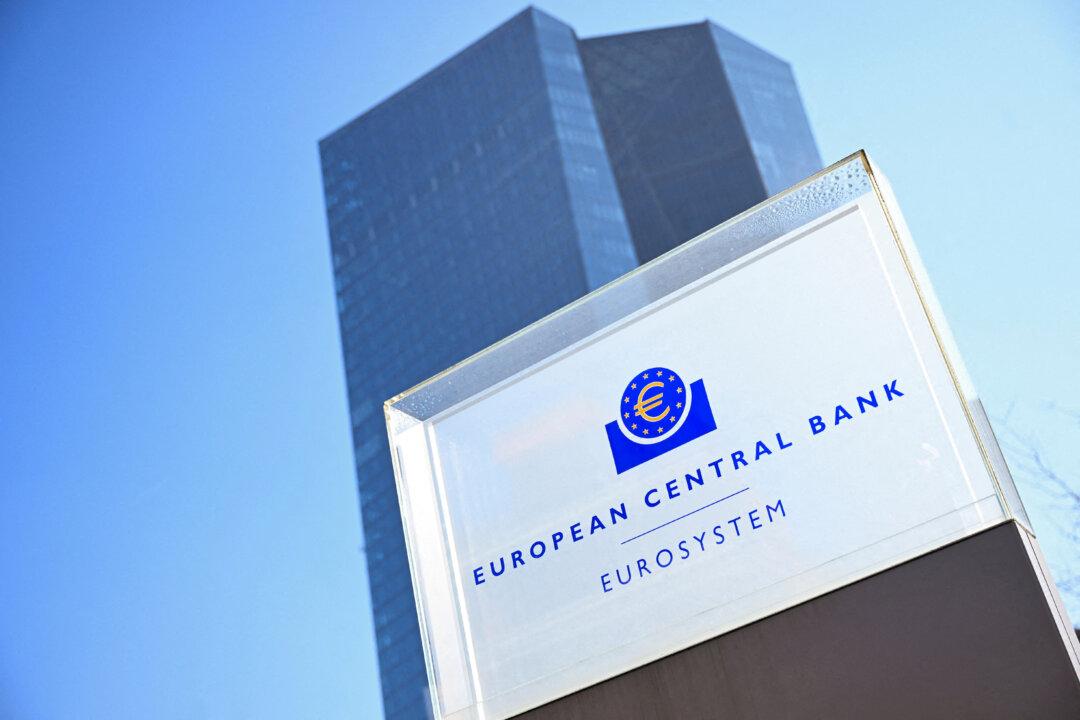U.S. stocks plunged after trading floors opened on March 11, as the wild coronavirus-driven market swings of recent weeks were inflamed by an oil price war that was heating up.
The Dow Jones Industrial Average (DJI) fell by 953 points, or 3.81 percent, by 10:32 ET on March 11. In a display of the kind of extreme market volatility that has roiled markets in recent weeks, the blue-chip index saw its worst-ever single-day drop of over 2,000 points on Monday, before soaring on Tuesday to close up by 1,167 points.





